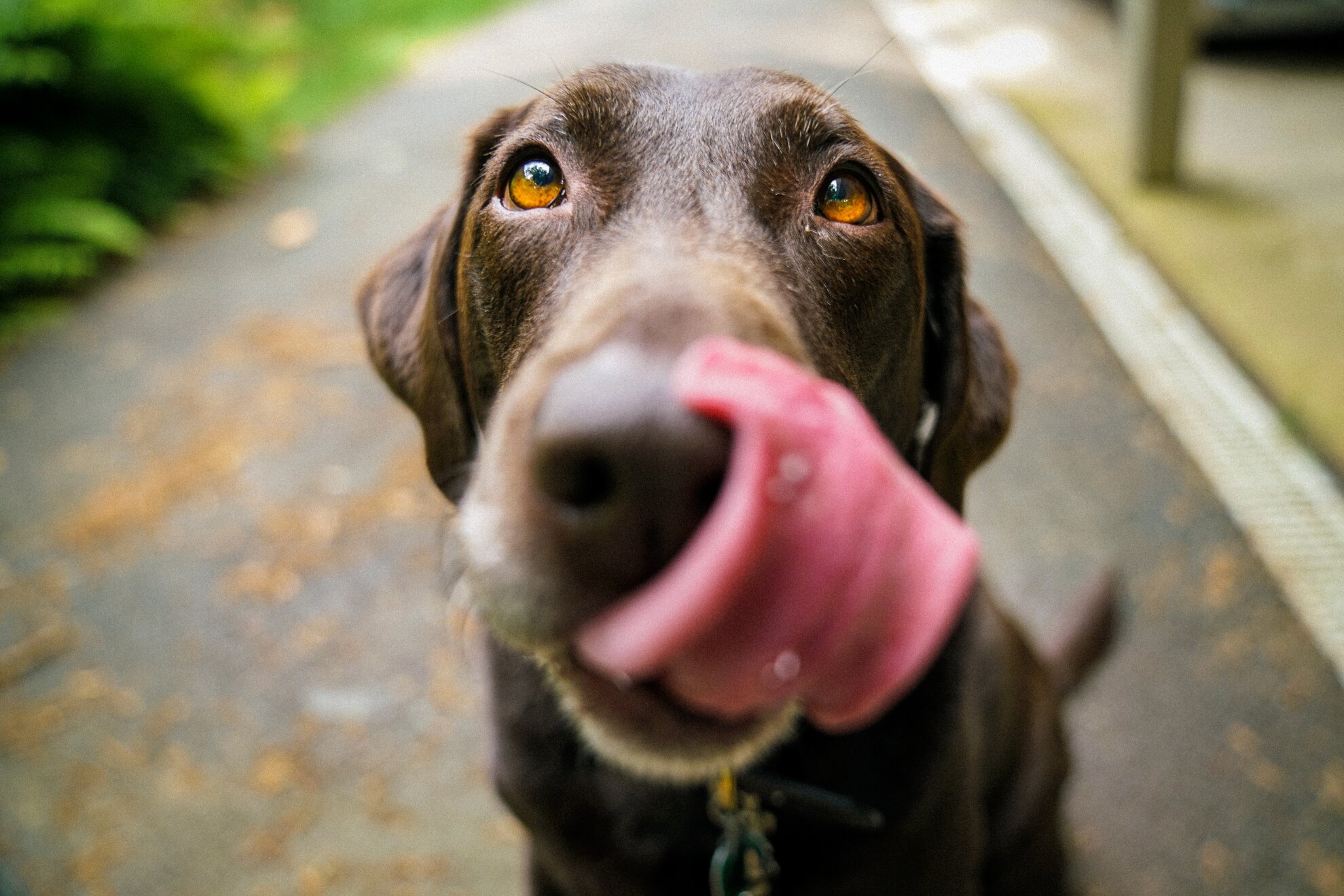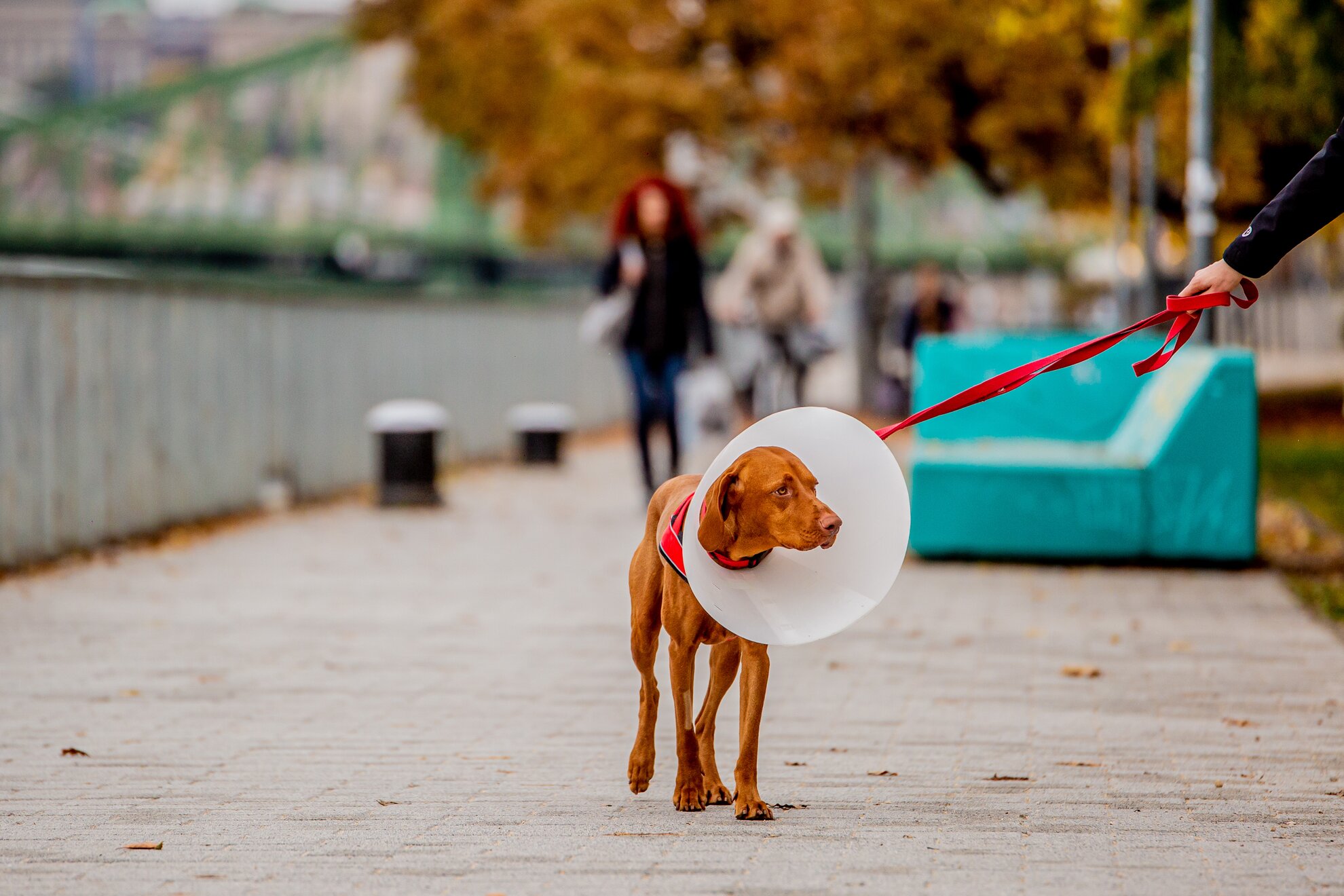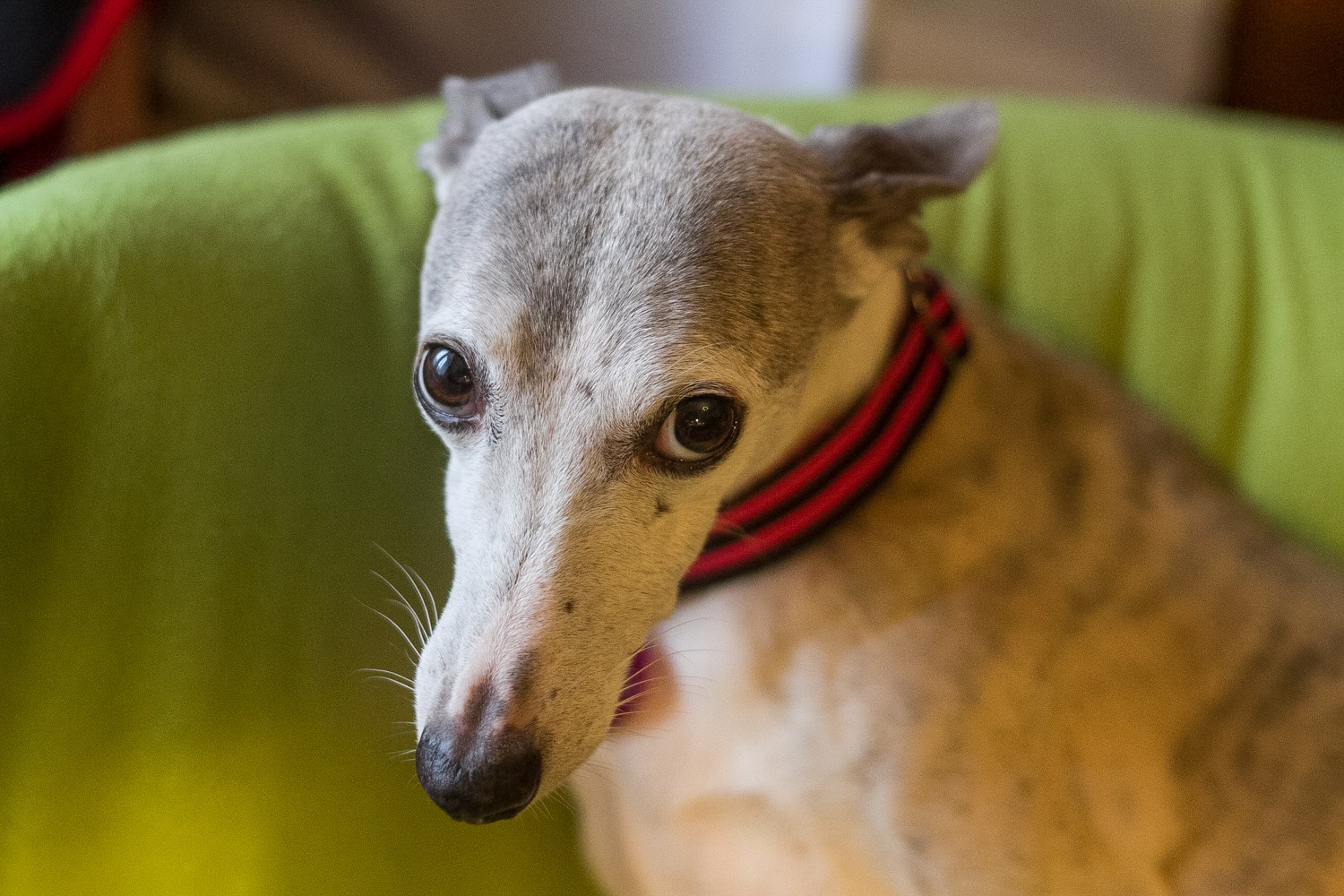
Pet
owners come in all shapes and sizes. We have written several articles about
adopting animals from shelters and rescue groups, but for those searching for a
specific breed of dog, there are many additional factors which must be
considered, including breeder accountability, checking for genetic diseases and
what to expect from the price tag.
With more people working from home these days,
puppy mills have become an alarming problem, and it’s paramount that buyers be
armed with the right information.
Speaking
to Laura Balku, owner of Tofu the corgi, we get the full run-down on what to
expect when buying a special breed. “A responsible breeder will never sell you
a puppy online,” she says at the beginning of our conversation, referring to
the disturbing trend of puppy mills. These groups are only in
the business of selling puppies, and not caring for the animal – forcing the
mother dogs to give birth to too many litters, and keeping the animals in
cramped quarters where diseases are rampant.
On the other hand, responsible dog
breeders are wholly invested in the animal, from birth through the animal’s entire
lifetime.
“When you are looking for a dog,” explains Laura, “the breeder is with you the whole way. If you have a problem in the future, the breeder doesn’t disappear – they are there to help you.” Laura recounts a time when Tofu made himself sick from eating carpet fluff – “The first person I called was his breeder, and she talked me through checking him and getting him to the vet.”
How to recognise a responsible breeder
Check
that the breeder in question has a reputable website. Some might also have a
Facebook page associated with their business, but avoid Facebook Marketplace
and Jófogas posts advertising the sale of puppies, as this is not allowed and
typically indicates less than above-board practices.
“Unfortunately,” says
Laura, “a lot of the puppy mills have the right paperwork to qualify their
puppies as pedigree, so you have to do your research”.

The
breeder will not sell you a puppy immediately. A conscientious breeder will
want to make sure that you are ready to take on an animal. They will ask about
your home, your schedule and what kind of personality of dog would work best
for you.
With this information, they can suggest a puppy from the litter (more
energetic, less energetic) which fits your need and capability. It will be a
lengthy process, and will probably involve meeting in person before the deal is
finalised.
Pedigree ID papers
Pedigree dogs will come with ID papers, which typically cost around 8,000 forints to purchase. “If you don’t receive the ID, you should be suspicious,” says Laura. “You might be paying for a cheaper dog now, but in the future you might be paying for all sorts of problems – bladder issues, leg problems, autoimmune diseases…” She recalls a peer who purchased a dog from a puppy mill, and now pays 15,000 forints a month in vet bills.

“People
don’t see the background in dog breeding,” says Laura. “Behind those higher
prices are science – genetics and biology. A responsible breeder will look at
the genetic background of the parent dogs, and make sure they don’t combine
problematic genes.”
One of the biggest complaints of buying pedigree animals is
the genetic predisposition for internal issues due to inbreeding, so it is important
to ask ahead of time about these risks. “You can ask for these statistics, and
you should,” Laura adds. “A good breeder will be honest with you. For example,
I know that Tofu is DM negative, which means he is not a carrier for a common disease
in corgis which causes them to lose the use of their legs. I can see that
information in his paperwork.”
Contacting the breeder
A responsible breeder is completely invested in their animals, and unfortunately that means that sometimes they can be hard to reach. “Yes, they are often outside with the animals, taking them to the vet, etc,” says Laura, “so they don’t always answer their phones. I recommend calling over sending a message, though. You are more likely to get a response.”
Taking care of the animal
“When you buy a dog from a breeder,” Laura says, “you will get a contract. In that contract, it states that the breeder is responsible for the animal. So if your dog breaks its back the next day, the breeder will take responsibility”.
This responsibility also applies to the possibility of having to return the dog. “If for some reason it doesn’t work out, and you can’t keep caring for your dog, then the breeder will help you sell it to a new family, or will buy the dog back,” says Laura. “In the end, it’s more about loving the animal, loving the dog, loving the breed. The breeder should represent the breed, not just give you the dog and leave.”
Organisations in Hungary for corgis
Every breed of dog has dedicated groups for their promotion and care. Here in Hungary, Laura recommends Corgipower, Magyar Corgi and the British Association of Hungary for learning more about corgis.
Loving and caring for your pet
At the end of the day, what’s important is that we make sure our pets are happy, healthy and loved. Whether you wish to buy a pedigree animal or adopt from your local shelter, the main thing to remember is conscientious buying. Do your research, avoid dishonourable breeding practices, and provide a safe environment for the new member of your family.




